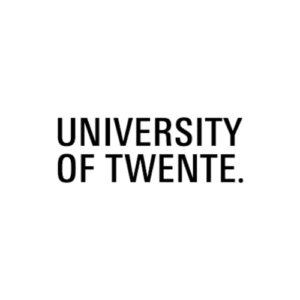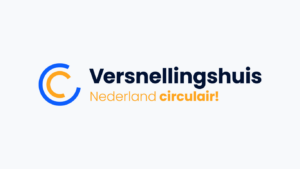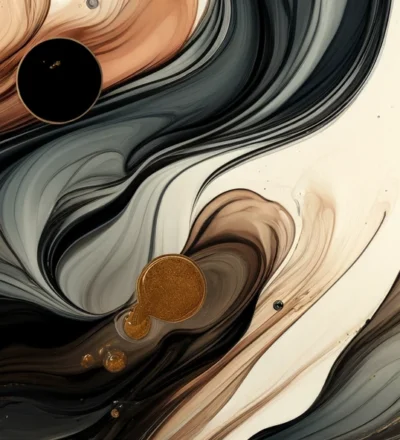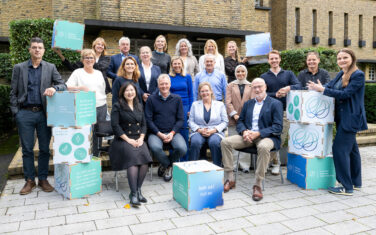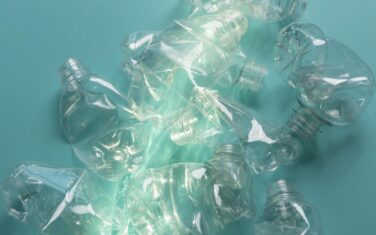Plastic waste can become a valuable resource for creating new materials through pyrolysis. Headstart on Pyrolysis (HOPy) aims to contribute to this vision by providing the stepping stone for scaling up the innovative pyrolysis technology.
In short:
- Pyrolysis of DKR350-like plastic waste to study processing conditions and oil composition
- Development of an economic decision model to evaluate pyrolysis oil production costs
- Insights into optimizing the recycling pathway between pre-treatment, pyrolysis, and post-treatment
- The economic decision model can potentially be adapted to other waste streams and custom inputs
The challenge: Towards economically viable pyrolysis of plastic waste
With millions of tons of plastic waste generated annually, the need for sustainable recycling solutions is pressing. While mechanical recycling is established, certain plastic streams require alternative methods. Pyrolysis offers a promising approach, but optimizing its economic feasibility remains a challenge.
About the HOPy project
The Headstart on Pyrolysis (HoPy) project explored two areas. First, pyrolysis experiments were conducted on DKR350-like plastic waste using a fluidized bed reactor, investigating factors such as hot vapor residence time and their impact on oil composition. Second, this data, along with publicly available information, was incorporated into a modular economic decision model. This model helps assess cost implications at different stages of the recycling process, from plastic pre-treatment to pyrolysis and post-treatment of the oil.
Results & insights
Together with representatives of the Versnellingstafel Chemische Recycling (part of Versnellingshuis Circulaire Economie) and Shell we found the following outcomes:
- Initial results suggest that costs could be reduced when more emphasis is placed on post-treatment.
- The economic decision model provides insight into optimizing the recycling pathway.
- The model can potentially be adapted to other waste streams and custom inputs, broadening its applicability.
Stay informed
Join us in making a difference and stay informed about our progress. For more information about the HOPy project and other follow-up projects, read our latest articles or connect with our plastics community on LinkedIn.
This is a project of the Circular Plastics Initiative, co-founded by ISPT and DPI.
You might also be interested in
Acknowledgement & partners
The project is partially funded by TKI Groene Chemie en Circulariteit.

